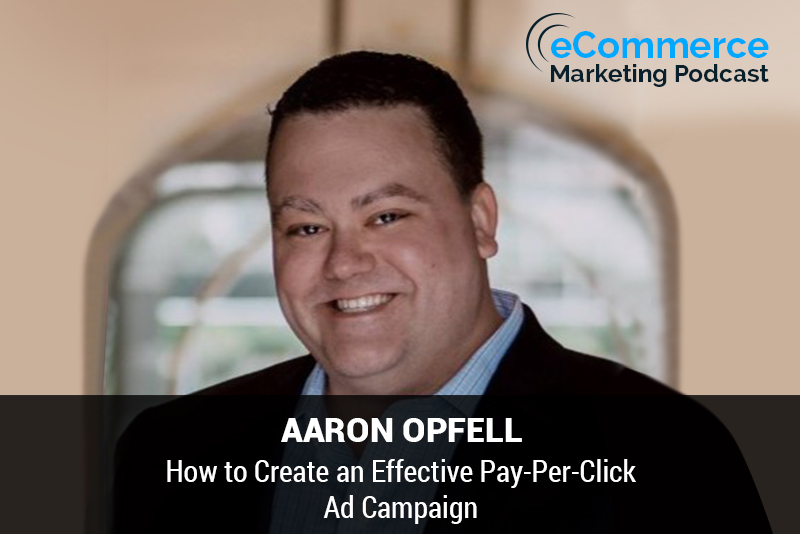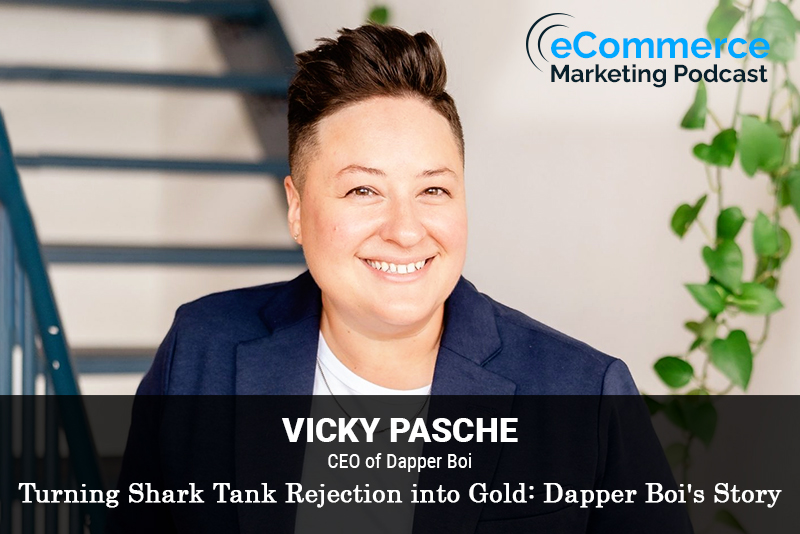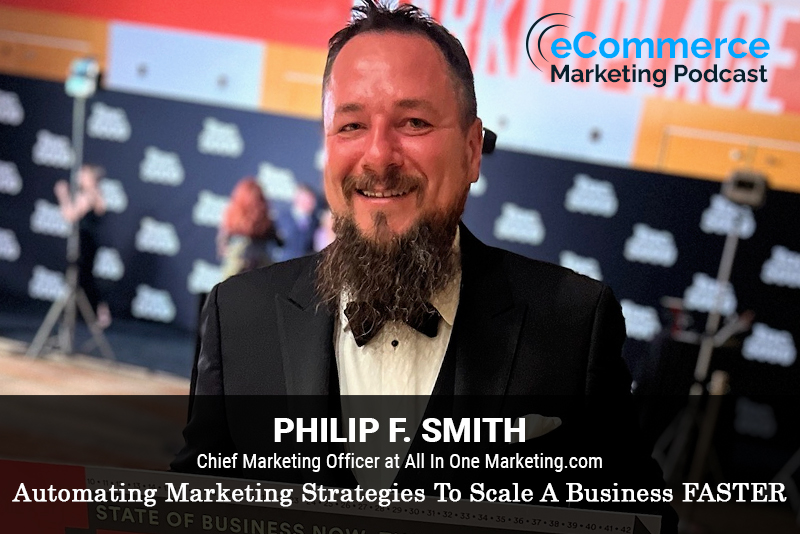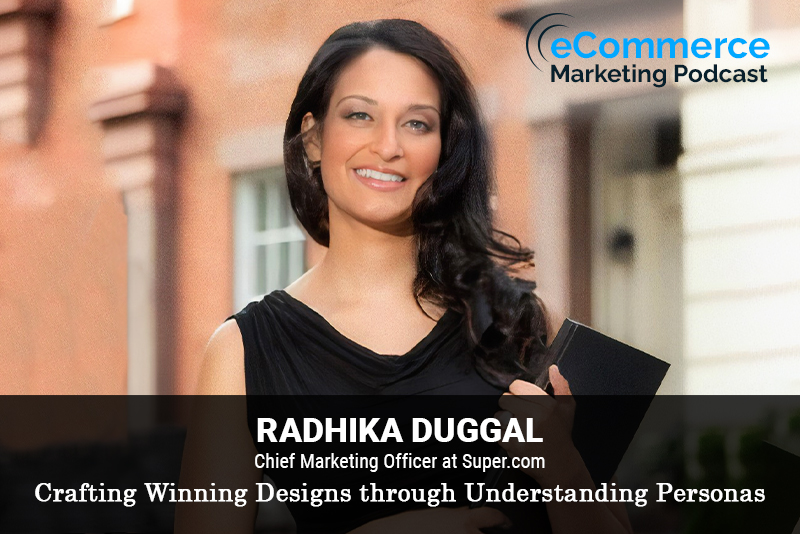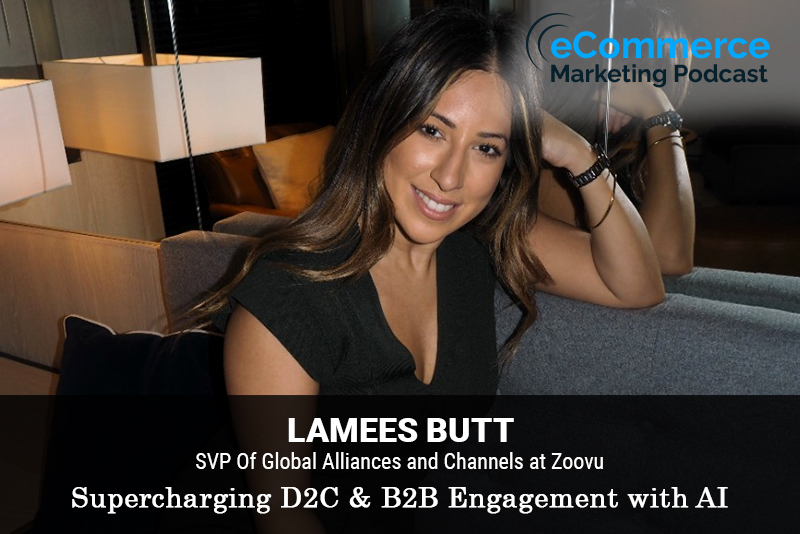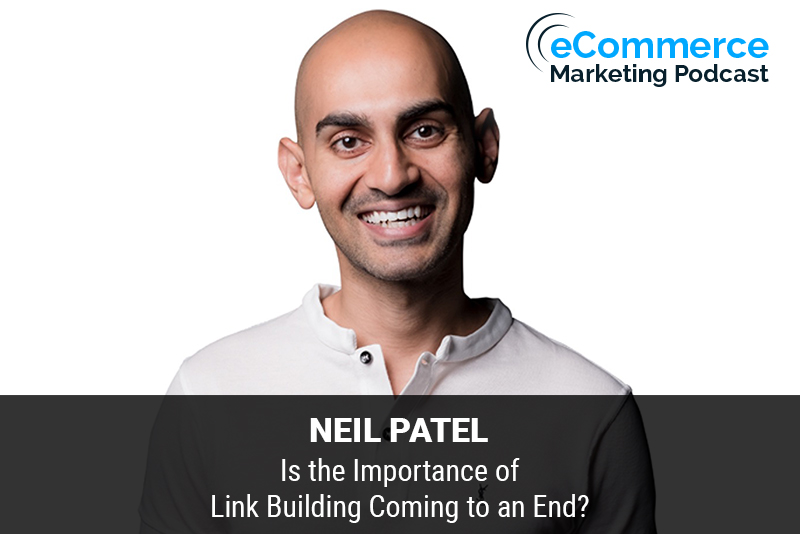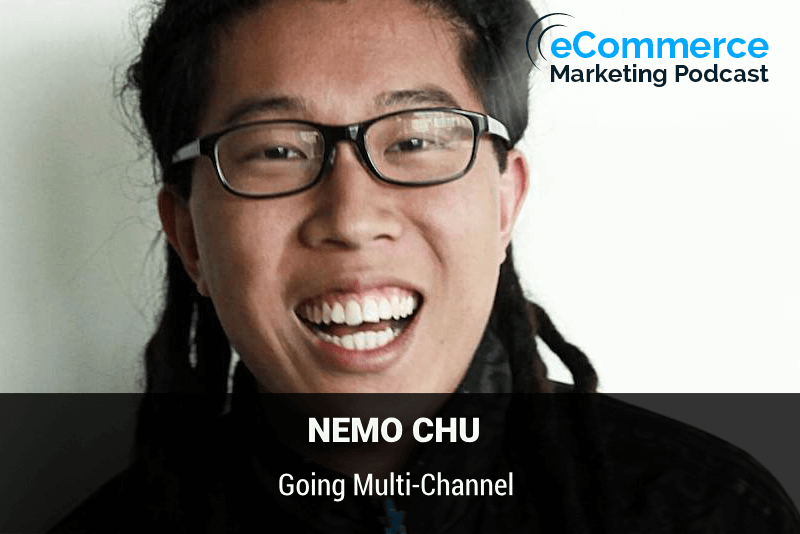
The eCommerce Marketing Podcast walks you through everything that goes into ecommerce marketing — from inbound marketing to paid advertising to conversions. Learn the strategies top marketing experts use to grow their businesses.
Marketing Strategies Revealed in this Episode:
- What an ecommerce business should have in place prior to starting a Google Ad campaign
- How to effectively set the correct pay-per-click amounts and campaign budget
- Other PPC marketing channels that a business can try
- Best practices for success when it comes to PPC campaigns
- Examples of some top ecommerce brands that do a great job with PPC marketing that we can learn from

Episode Title: Leveraging AdWords and PPC Marketing for eCommerce Success
Guest: Aaron Opfell, VP of Sales for Boost Media Group
In this episode of the eCommerce Marketing Podcast, Arlen Robinson hosts Aaron Opfell, VP of Sales for Boost Media Group. Aaron brings his extensive experience in digital marketing, specifically in Google AdWords and PPC (Pay-Per-Click) marketing, to the table. He shares his journey from a telemarketer to a digital marketing expert and offers valuable insights into effectively utilizing AdWords and PPC campaigns for eCommerce businesses. Throughout the episode, Aaron provides practical advice, shares real-life examples, and emphasizes the importance of having a well-structured strategy before diving into PPC marketing.
Key Takeaways:
- Background and Entry into Digital Marketing (00:02:00):
- Aaron shares his unconventional journey from a telemarketer to a digital marketing expert.
- Common Mistakes in PPC Campaigns (00:10:30):
- Businesses often jump into PPC without a solid plan, leading to wasted budget and poor results.
- Pre-campaign Essentials (00:15:00):
- Ensure your website is optimized for conversions before starting a PPC campaign.
- Have all follow-up email sequences and automation in place.
- Understanding Customer Lifetime Value (CLTV) (00:20:00):
- Importance of knowing your CLTV to set the right budget for PPC campaigns.
- Setting a PPC Budget (00:25:00):
- Budget should be based on what you can afford to pay to acquire a customer, not a fixed amount.
- Alternative PPC Channels (00:30:00):
- Exploring other PPC channels like TrafficJunky and DuckDuckGo.
- Best Practices and Common Pitfalls (00:40:00):
- Aligning search intent with the right landing page.
- Connecting merchant feeds with Google Ads for better targeting and retargeting.
- Learning from Top eCommerce Brands (00:50:00):
- Analyzing Amazon’s customer experience and applying similar principles to your own site.
- Final Tips and Personal Insights (01:00:00):
- The importance of a comprehensive marketing strategy and ongoing optimization.
Guest Information:
- Name: Aaron Opfell
- Position: VP of Sales for Boost Media Group
- Contact: [email protected]
- Website: Boost Media Group

